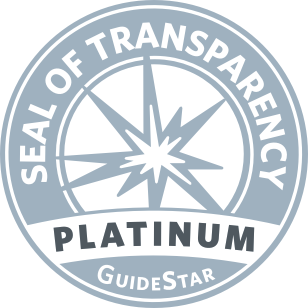Acucela Enrolling Patients in Phase 3 Trial for Stargardt Disease Treatment
Eye On the Cure Research News
The Seattle biotech Acucela is now enrolling participants in its Phase 3 clinical trial for emixustat hydrochloride, an emerging oral drug for slowing vision loss in people with Stargardt disease, an inherited form of a macular degeneration.
Audio version: The Seattle biotech Acucela is now enrolling participants in its Phase 3 clinical trial for emixustat hydrochloride, an emerging oral drug for slowing vision loss in people with Stargardt disease, an inherited form of a macular degeneration. The progressive retinal condition affects 30,000 people in the US.
Approximately 160 participants will be enrolled in this trial at 30 sites in 11 countries. Participants will be randomly assigned to receive 10 mg of emixustat or placebo once daily for 24 months. The ratio of people receiving emixustat to placebo is 2:1.
You can learn more about the trial by calling 206-805-8310or sending an e-mail to clinicaltrials@acucela.com. More details about the trial will be listed at www.clinicaltrials.gov shortly.
Stargardt disease is caused by the accumulation of toxic byproducts from vitamin A processing in the retina. Known as the visual cycle, vitamin A metabolism enables the retina to respond to light. However, in people with Stargardt disease, the harmful byproducts from the visual cycle are not cleared from the retina adequately, leading to the death of supportive cells known as the retinal pigment epithelium (RPE). Loss of RPE ultimately causes death of photoreceptors, the cells that make vision possible. Photoreceptor and RPE loss in Stargardt disease occurs in the macula, the central region of the retina.
Emixustat is designed to slow Stargardt disease by modulating the visual cycle.
"In the Phase 3 study, clinical researchers will be evaluating the efficacy and safety of emixustat," says Stephen Rose, PhD, chief scientific officer, Foundation Fighting Blindness. "A Phase 3 clinical trial is often said to be 'pivotal,' because the results from it often determine if the developer will seek FDA approval for the emerging therapy."




